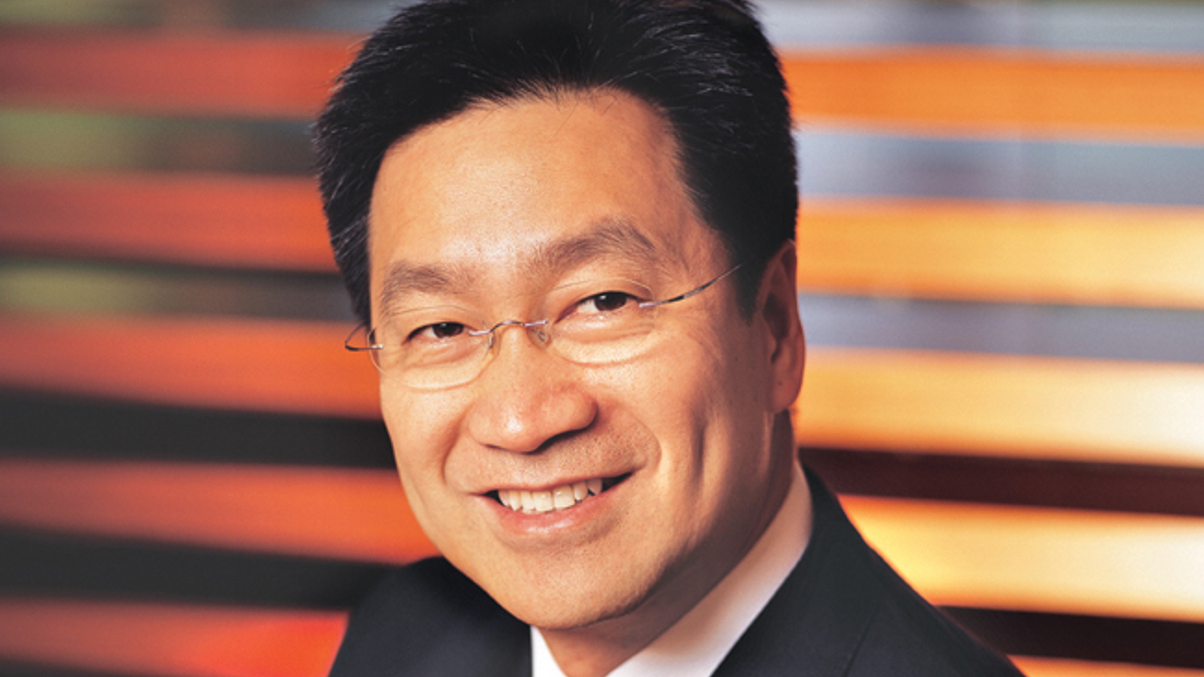Julius Baer playing China waiting game
The Swiss pure private bank is weighing up the best way to enter China but says it is in no rush, even though it sees now as the best opportunity for international firms.

Asia management at Swiss private bank Julius Baer have said they’re playing a waiting game on China entry, even though they concede now is probably their best chance to address the market.
Sign in to read on!
Registered users get 2 free articles in 30 days.
Subscribers have full unlimited access to AsianInvestor
Not signed up? New users get 2 free articles per month, plus a 7-day unlimited free trial.
¬ Haymarket Media Limited. All rights reserved.


